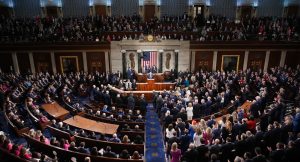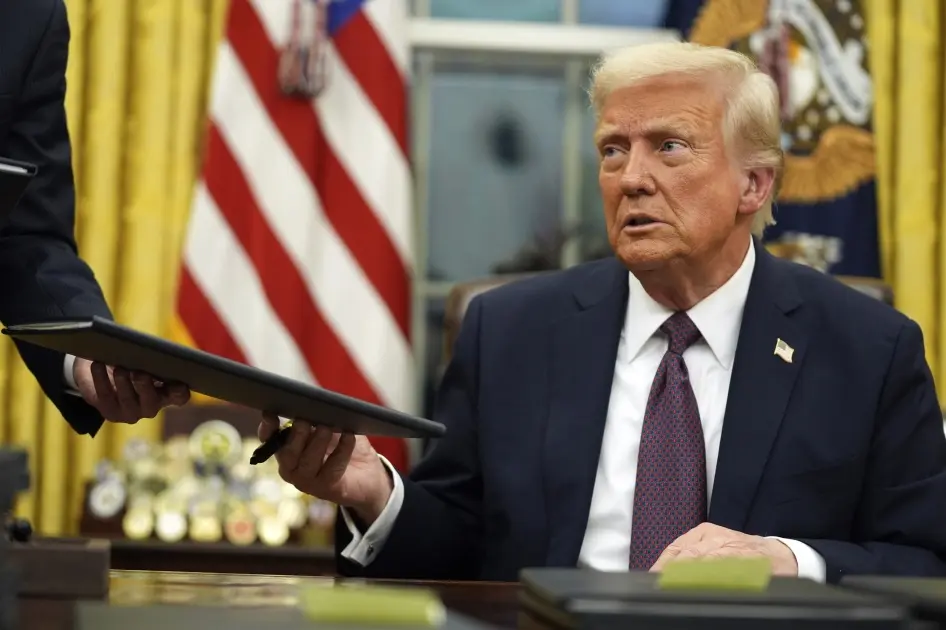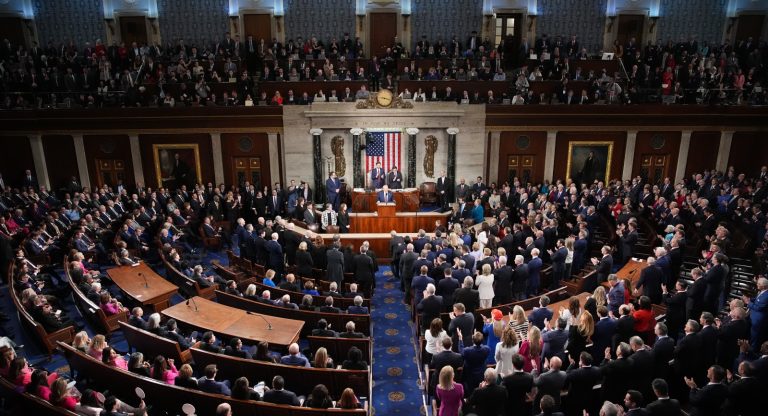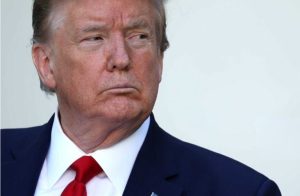On July 10, 2025, the Trump administration announced a significant new effort aimed at limiting undocumented immigrants’ access to taxpayer-funded public benefits across multiple federal programs. This move represents one of the most substantial actions in recent decades designed to preserve public resources for American citizens and reduce the strain on social welfare systems.
According to an official White House statement, these steps were taken “to protect taxpayer-funded benefits for American citizens — not illegal aliens.” The announcement highlights coordinated policy changes by several federal departments, including Health and Human Services (HHS), Education, Agriculture, Labor, and Justice, each targeting specific benefits that have previously been accessible to undocumented immigrants.
The Department of Health and Human Services has reclassified 13 programs, such as the Head Start early childhood education initiative, as “federal public benefits” under the Personal Responsibility and Work Opportunity Reconciliation Act of 1996. This reclassification restricts undocumented immigrants from enrolling in these programs. The Department of Education also declared that undocumented students will no longer be eligible for free tuition and certain federal aid in career, technical, and adult education programs. These changes are expected to impact thousands of students nationwide who had previously benefited from these educational opportunities.
Additional measures have been taken by the Departments of Agriculture, Labor, and Justice, focusing on closing loopholes and tightening eligibility requirements in food assistance programs, employment services, and legal protections. The goal is to reduce improper enrollment and ensure that these taxpayer-funded programs primarily serve citizens and legal residents.
These policy changes align with a broader strategy endorsed by former President Trump, which aims to encourage self-deportation among undocumented immigrants by limiting access to public services. This approach is part of an ongoing effort to enforce immigration laws more strictly and reduce illegal immigration’s perceived impact on social welfare and public resources.
In a related development, John Kerry, the U.S. Special Presidential Envoy for Climate, acknowledged the importance of border security during a recent interview. Kerry emphasized that “without a border protected, you don’t have a nation,” echoing concerns shared by many policymakers across the political spectrum. He criticized the current handling of border enforcement and called for stronger, more unified actions to manage immigration effectively.
Critics of the new restrictions argue that limiting access to education, healthcare, and social services could harm vulnerable populations and complicate efforts to integrate immigrants into society. Advocates for immigrant rights stress the importance of providing essential services to all residents, regardless of immigration status, to promote public health and economic stability.
Supporters of the policy, however, maintain that protecting taxpayer-funded programs is vital to preserving resources for citizens and legal residents, especially amid ongoing debates about immigration reform and national security.
As these changes take effect, state and local governments will also play a crucial role in implementing the new rules and managing their impact on communities.
The Trump administration’s announcement marks a pivotal moment in the nation’s ongoing debate over immigration policy and public benefits. How these measures will affect undocumented immigrants, public programs, and broader immigration enforcement efforts remains a subject of intense discussion among policymakers, advocacy groups, and the public.

Sarah Mitchell is a bestselling novelist recognized for her insightful and emotionally resonant stories that explore the complexities of human relationships. Originally from Denver, Colorado, Sarah grew up in a family of teachers who nurtured her curiosity and love for storytelling. She studied psychology at Stanford University, where she became fascinated by the intricacies of human behavior—an interest that would later shape her writing career. Sarah’s novels are praised for their nuanced characters, intricate plots, and ability to capture the subtle tensions that define love, friendship, and family ties. Her breakthrough novel, The Spaces Between Us, became an instant bestseller, lauded for its honest portrayal of strained family relationships and the fragile bonds that hold people together. Since then, she has published several works that continue to captivate audiences around the world. Outside of her writing career, Sarah is passionate about mental health advocacy and often partners with organizations to promote awareness and support for those struggling with emotional well-being. Her personal life is quieter—she enjoys hiking in the Colorado mountains, practicing yoga, and spending time with close friends. With each new book, Sarah Mitchell cements her reputation as a writer who illuminates the beauty and struggles of human connection.









